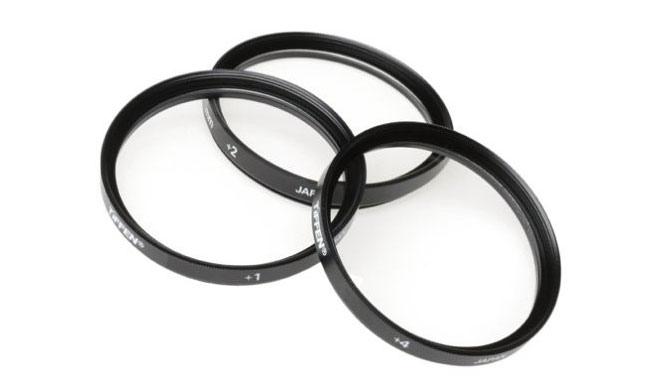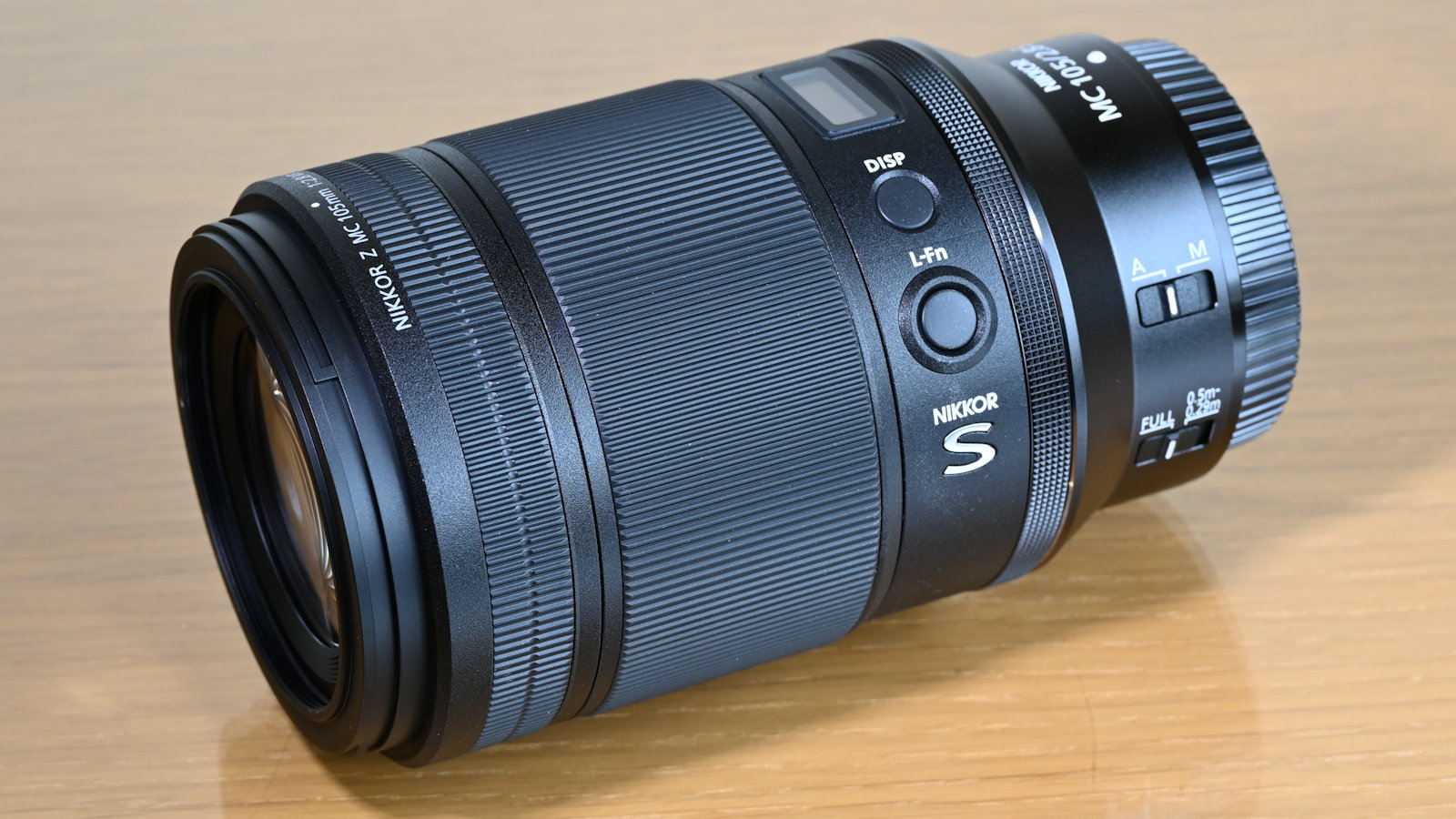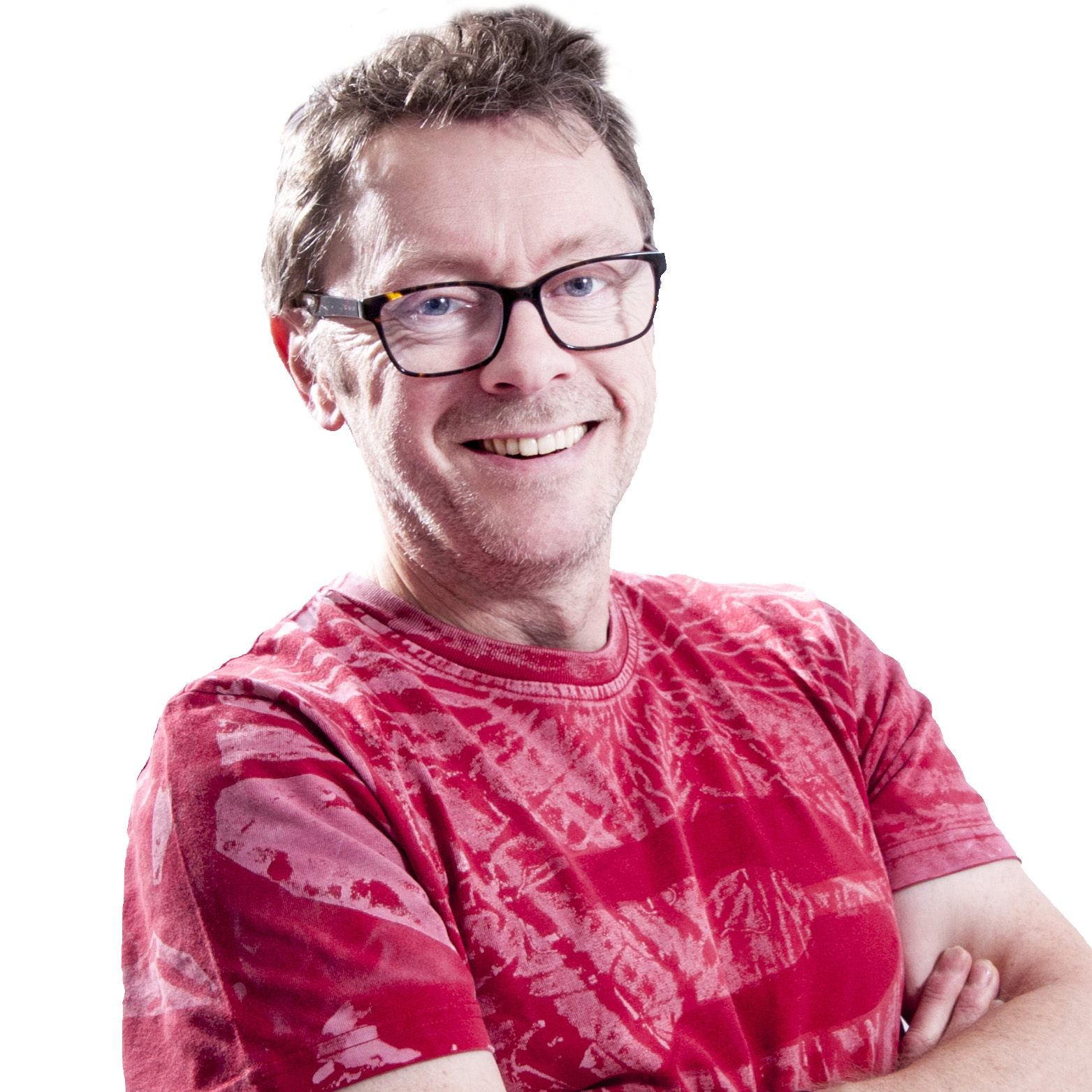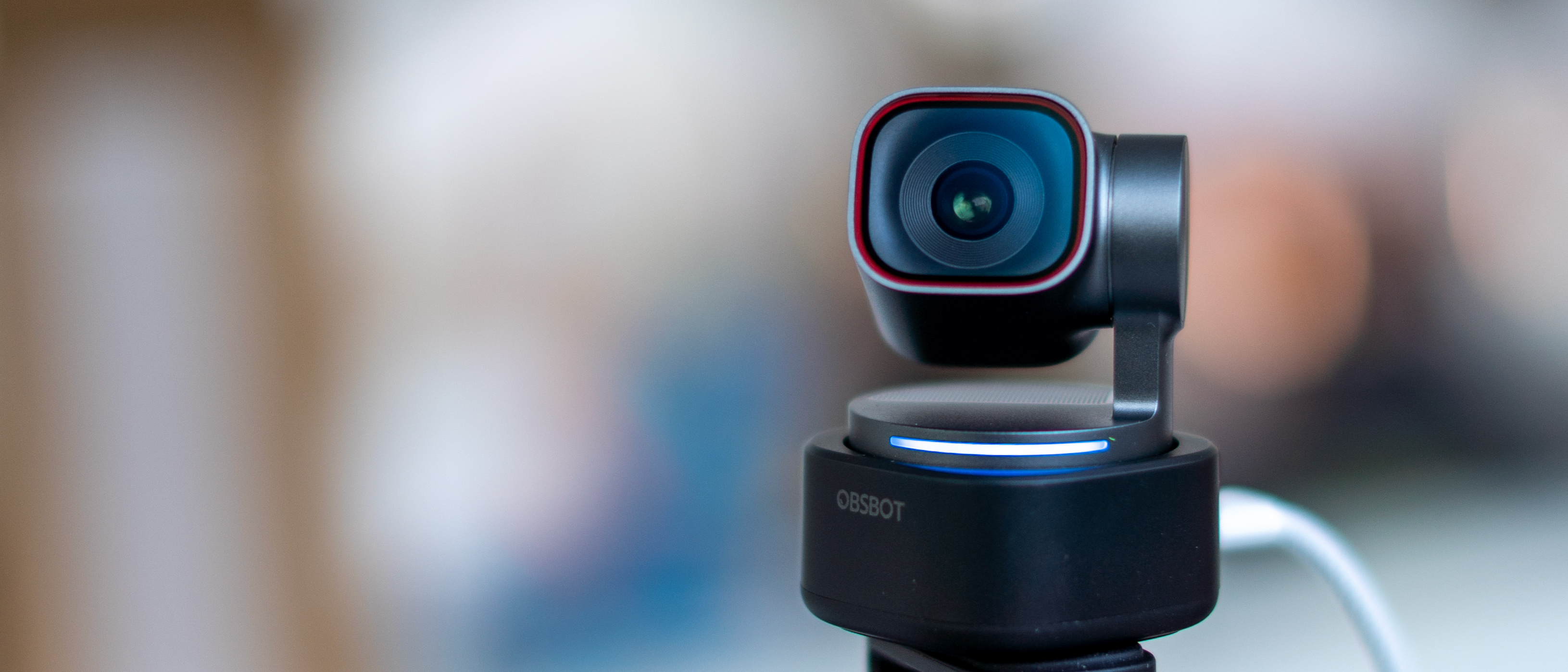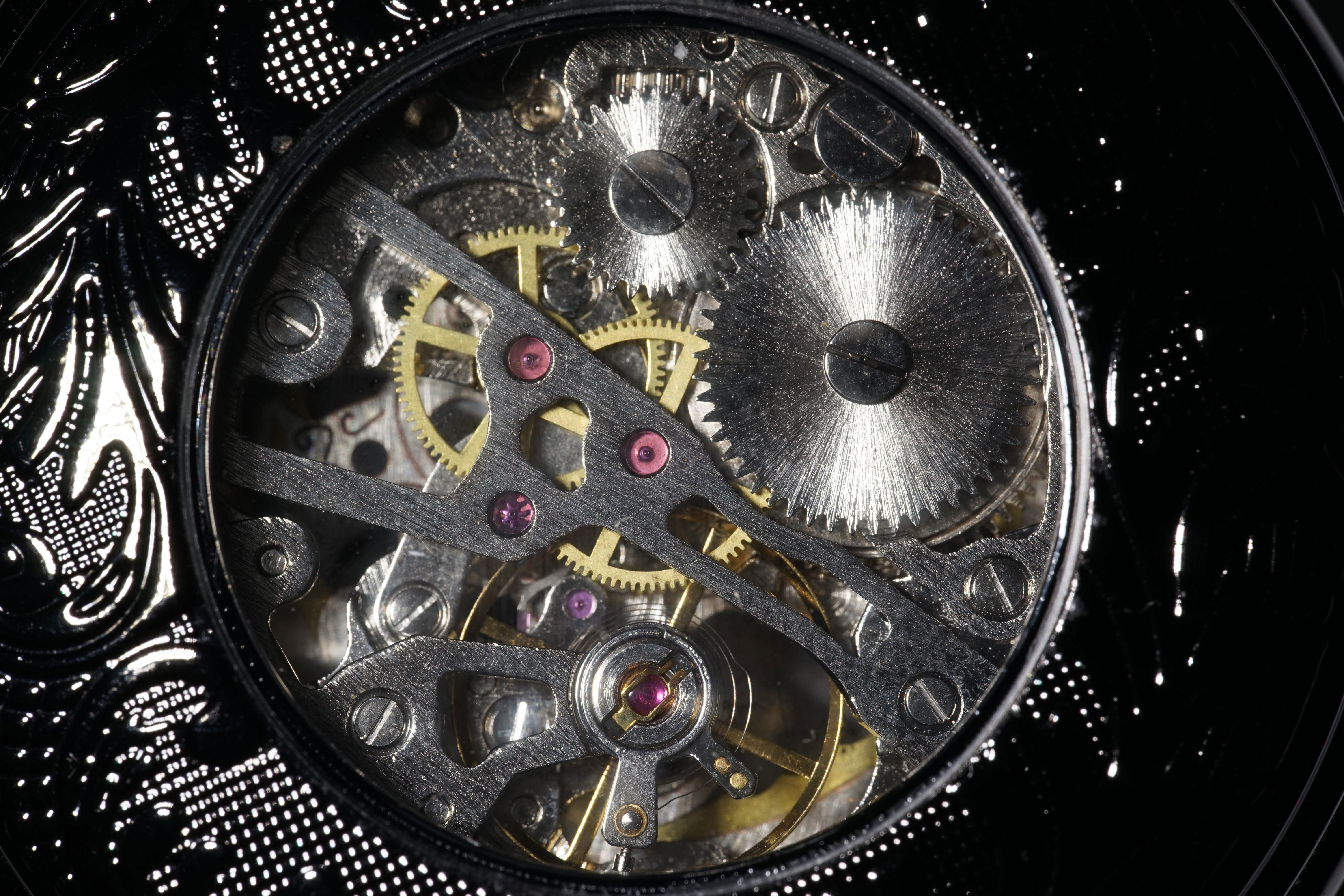
You’ll find the word ‘macro’ etched on the barrels of all kinds of different lenses, from ultra-wide primes to telephoto zooms. But although many lenses are marketed as having some kind of ‘macro’ function, if we want to talk in technical terms, most of these would fall short of the mark.
True macro lenses have the capability of focusing so close to a subject that they achieve a reproduction ratio of 1:1. This is also known as ‘lifesize’ and a magnification of 1x, but in all cases, what it means is that the subject appears on the photo at the size it would be if you placed it directly on the sensor.
Macro photography tips
That’s the starting point for true macro photography – and having access to this level of magnification opens up a whole new world of possibilities. For starters, you only need a small ‘stage’ to shoot macro, so your studio set can be as small as a windowsill.
Secondly, under the magnified gaze of a macro lens, everyday items that wouldn’t normally get a second glance become fascinating subjects, so the humdrum contents of a kitchen drawer can become a photographic treasure trove.
Thirdly, the weather and time of day really doesn’t matter. Small subjects can be shot indoors if it’s pouring down, and can be beautifully lit with a humble torch and tinfoil reflector – even if it’s in the dead of night. In a nutshell, with a macro lens, you can scratch that creative itch and make pictures whenever you feel like it.
Make regular lenses focus closer
For the reasons above, a macro lens is often the third optic enthusiasts invest it (after a standard zoom and a telephoto zoom), but as they’re relatively expensive, the cautious will be pleased to know there are cheaper ways to assess whether macro shooting is for you.
If you have any 50mm prime lens (it doesn’t even have to fit your camera) then turning it backwards will get you close to a macro lens. For around £5 / $8 from auction sites, a reversing ring for your camera with a thread the same size as the 50mm lens’s filter thread will allow you to mount it backwards and start getting creative.
The best camera deals, reviews, product advice, and unmissable photography news, direct to your inbox!
Close-up dioptre lenses are magnifying filters and can be screwed into the filter thread of any lens to allow close focusing on small subjects. Prices start at around £20 / $30 for a set, but vary with filter size and brand.
Extension tubes force any lens to focus closer by physical moving it further away from the camera body. They can be purchased in sets of three so you can vary the magnification, but once the combined extension matches the focal length of the lens, you’ll get 1:1 macro. Prices again vary with brand and design, but start at around $40 / $60 for a basic set.
After dipping your toe in the macro water with these accessories, you’ll soon know whether you want to pursue your newfound love of macro, and invest some heavier cash on a dedicated macro lens.
What is a macro lens?
Macro lenses are designed specifically for 1:1 magnifications. They focus much closer than ordinary lenses and don't need any special attachments to do it. They are optically optimized for close-up shooting, so that where regular lenses can start to lose a little definition when focused really close, a macro lens will stay crystal clear.
Macro lenses are 'prime' lenses with a fixed focal length but they can also be very effective as everyday lenses or short telephoto lenses.
Read more:
• Best macro lenses
• Best close-up filters
• Best extension tubes
Jon started out as a film-maker, working as a cameraman and video editor before becoming a writer/director. He made corporate & broadcast programmes in the UK and Middle East, and also composed music, writing for TV, radio and cinema. Jon worked as a photographer and journalist alongside this, and took his video skills into magazine publishing, where he edited the Digital Photo magazine for over 15 years. He is an expert in photo editing, video making and camera techniques.

